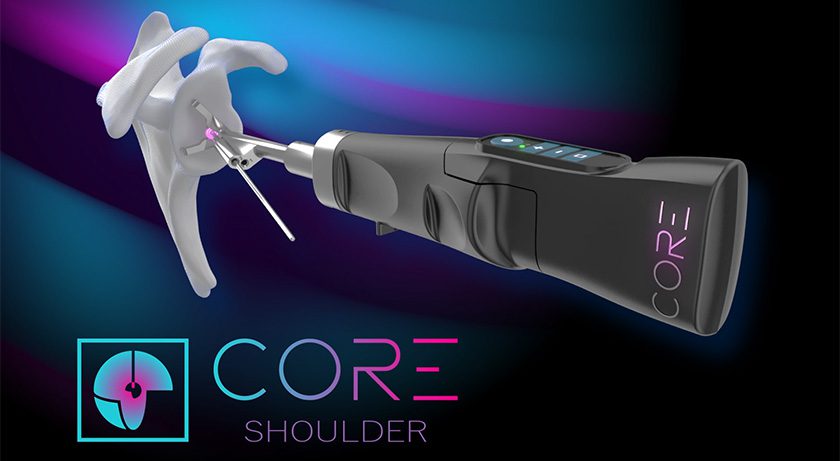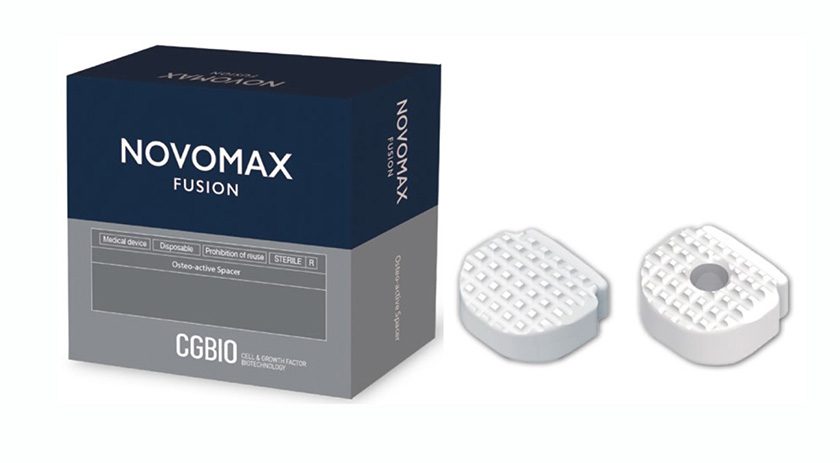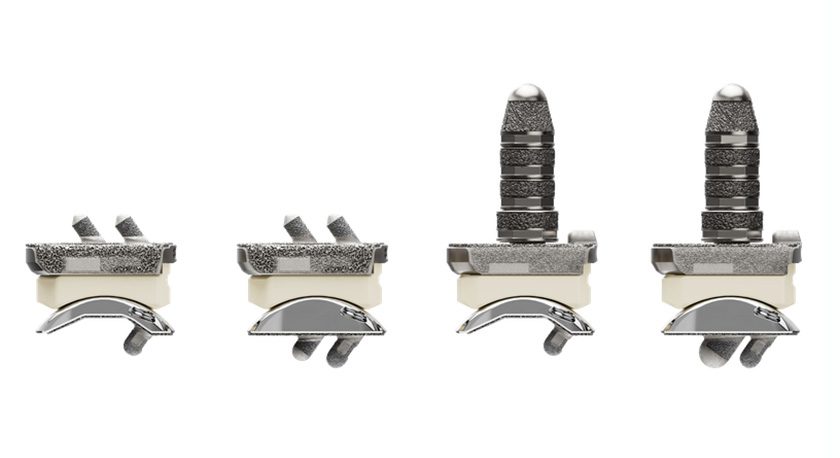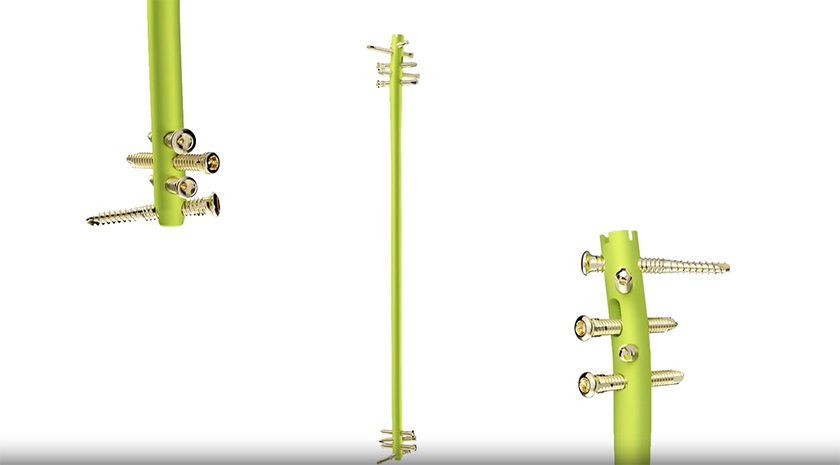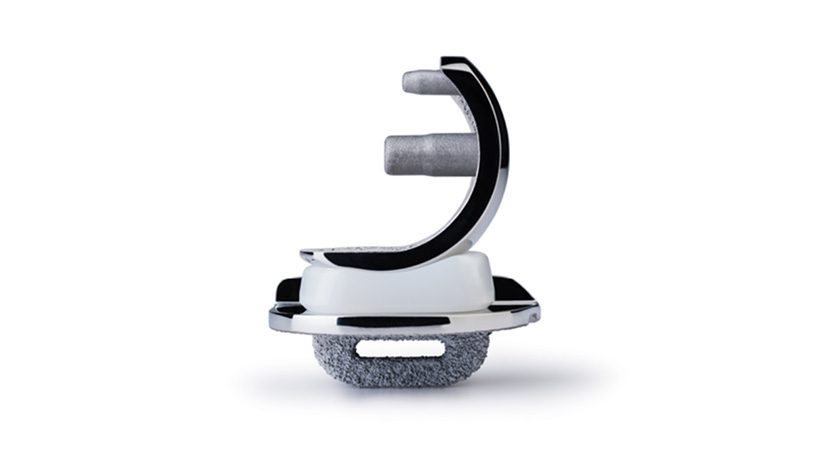

 Copy to clipboard
Copy to clipboard 
Zimmer Biomet announced Premarket Approval Application (PMA) Supplement approval for the Oxford Cementless Partial Knee.
The Oxford Cementless Partial Knee allows surgeons to perform a partial knee replacement with improved fixation, better long-term implant survival rate and improved efficiency in the OR compared to the Oxford Cemented Partial Knee procedure. Following more than 20 years of clinical experience and over 300,000 procedures across Canada, Europe, Middle East, Africa and Asia, the Oxford Cementless Partial Knee is now the only FDA-approved cementless partial knee implant in the U.S.
As part of the U.S. nationwide launch in 1Q25, Zimmer Biomet will provide FDA-required training, focusing on the cementless surgical technique and proper patient selection. For patients in the U.S., the Oxford Partial Knee is the only implant with a lifetime limited warranty that covers the cost of Zimmer Biomet replacement implants.
The Oxford Cementless Partial Knee features a mobile bearing that can move with the femoral component throughout the entire range of motion to mimic natural knee movement. The system’s tibial and femoral components have a titanium and hydroxyapatite coating to promote bone growth into the implant.
The UK national joint registry has more than 33,000 patients treated with Oxford Cementless Partial Knees recorded with a 94.1% rate of implant survival at 10 years after surgery, which is higher than the average 10-year survivorship for all other partial knees (89.9%). Enthusiasm and usage of partial knee replacement continues to grow around the world as published research continues to demonstrate that PKR in appropriate cases provides improved patient outcomes compared to TKR.
“Cementless knee replacement procedures are increasingly preferred by surgeons seeking to improve surgical efficiency. The Oxford Cementless Partial Knee is coming into the U.S. with a proven track record of retaining more healthy anatomy with a less invasive approach and improved outcomes6 as compared to a total knee replacement,” said Joe Urban, President, Knees at Zimmer Biomet. “We are excited to address the unmet U.S. demand for a cementless partial knee with a new offering which has 20 years of clinical experience in more than 50 countries.”
Source: Zimmer Biomet
Zimmer Biomet announced Premarket Approval Application (PMA) Supplement approval for the Oxford Cementless Partial Knee.
The Oxford Cementless Partial Knee allows surgeons to perform a partial knee replacement with improved fixation, better long-term implant survival rate and improved efficiency in the OR compared to the Oxford Cemented...
Zimmer Biomet announced Premarket Approval Application (PMA) Supplement approval for the Oxford Cementless Partial Knee.
The Oxford Cementless Partial Knee allows surgeons to perform a partial knee replacement with improved fixation, better long-term implant survival rate and improved efficiency in the OR compared to the Oxford Cemented Partial Knee procedure. Following more than 20 years of clinical experience and over 300,000 procedures across Canada, Europe, Middle East, Africa and Asia, the Oxford Cementless Partial Knee is now the only FDA-approved cementless partial knee implant in the U.S.
As part of the U.S. nationwide launch in 1Q25, Zimmer Biomet will provide FDA-required training, focusing on the cementless surgical technique and proper patient selection. For patients in the U.S., the Oxford Partial Knee is the only implant with a lifetime limited warranty that covers the cost of Zimmer Biomet replacement implants.
The Oxford Cementless Partial Knee features a mobile bearing that can move with the femoral component throughout the entire range of motion to mimic natural knee movement. The system’s tibial and femoral components have a titanium and hydroxyapatite coating to promote bone growth into the implant.
The UK national joint registry has more than 33,000 patients treated with Oxford Cementless Partial Knees recorded with a 94.1% rate of implant survival at 10 years after surgery, which is higher than the average 10-year survivorship for all other partial knees (89.9%). Enthusiasm and usage of partial knee replacement continues to grow around the world as published research continues to demonstrate that PKR in appropriate cases provides improved patient outcomes compared to TKR.
“Cementless knee replacement procedures are increasingly preferred by surgeons seeking to improve surgical efficiency. The Oxford Cementless Partial Knee is coming into the U.S. with a proven track record of retaining more healthy anatomy with a less invasive approach and improved outcomes6 as compared to a total knee replacement,” said Joe Urban, President, Knees at Zimmer Biomet. “We are excited to address the unmet U.S. demand for a cementless partial knee with a new offering which has 20 years of clinical experience in more than 50 countries.”
Source: Zimmer Biomet

You are out of free articles for this month
Subscribe as a Guest for $0 and unlock a total of 5 articles per month.
You are out of five articles for this month
Subscribe as an Executive Member for access to unlimited articles, THE ORTHOPAEDIC INDUSTRY ANNUAL REPORT and more.
JV
Julie Vetalice is ORTHOWORLD's Editorial Assistant. She has covered the orthopedic industry for over 20 years, having joined the company in 1999.


